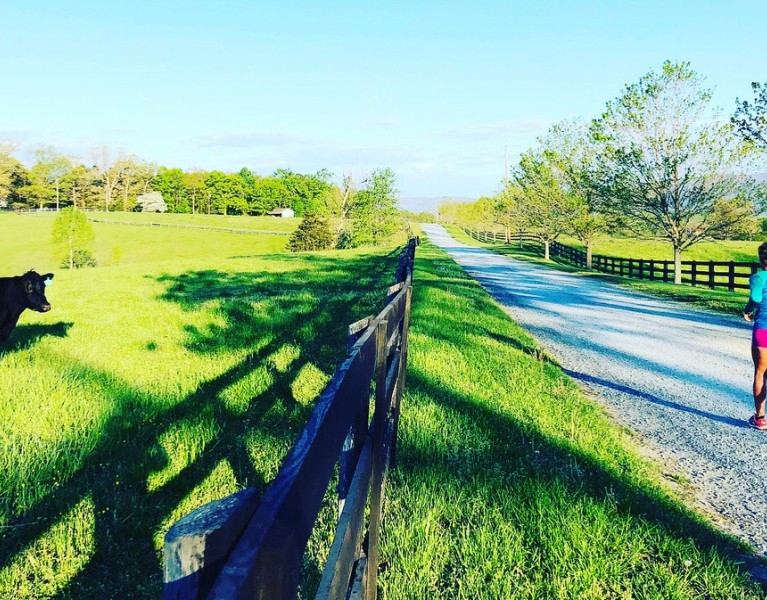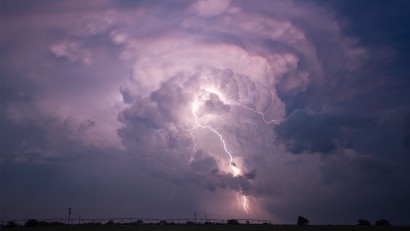
Laying the Groundwork for the Future of Running Events
Table of Contents [Show]
As the world slowly and carefully begins to reopen and establish a new normal, there is no protocol to follow. Countries, states, and cities - along with the CDC and WHO - have to create new guidelines.
As we watch, runners wonder when will the first running and endurance events will occur. When they do, what will they look like? The running community - a community I'm proud to call my own - has come together to support the sport we love by generating recommendations for future events.
With all spring events postponed or canceled, we've been researching worldwide industry trends to prepare for the time when events can safely resume. Since this situation is unprecedented, there's no rule book to follow, and nobody wants to be the first to pack thousands of runners onto a starting line.
Establishing a New Normal
Changes will be necessary for races to resume with the health and safety of runners, staff, volunteers and spectators in mind. We still don’t know what the world will look like in the coming months, or when large running events can return, but the industry is hopeful that some events might resume in early fall.
As countries reopen, event organizers will rely on local and regional mandates, along with CDC and medical guidelines. Keep in mind that every community is different. Even though events might occur elsewhere, it doesn't mean they can safely resume in your community. Smaller events might have an advantage over larger events. A gathering of 1,000 runners or less will be more likely to resume before a gathering of 10,000 or more.
Personal Responsibility is Paramount
As events return, personal responsibility will be crucial to protecting runners, volunteers, staff and spectators. Individuals should not participate if they are sick, show any symptoms or have a fever. It's not feasible for events to test every runner on-site, so race directors will rely on you, the runner, to protect others by staying home if needed.
Many ultra-distance races in Europe already require general health/medical certificates. In the future, road races may follow suit. Using HIPAA-compliant apps like RaceSafe is one option for race organizers.
Physical Distancing Measures
Physical distancing will be a necessity for the foreseeable future. Races may limit registration numbers or utilize smaller, more numerous waves to allow runners to line up while still staying 6-feet apart.
To limit the number of people gathered together, expos and packet pickup may be staggered, and participants may have a designated pickup time frame based on bib number. Smaller, outdoor expos with fewer booths and vendors may be a safer option.
Protecting Volunteers, Spectators & Runners
From an event standpoint, volunteer recruitment will be a challenge for the foreseeable future. Ensuring the safety of volunteers, staff and spectators will be a top priority for race management.
To limit contact with volunteers, runners may have to carry their own fluids and energy supplies, or races may shift to a cupless model, where each runner brings and carries one personal-use cup. Expect changes at very large events where thousands of runners arrive at water stops in quick succession. Other race logistics, such as best practices at port-a-potties, are still under review and discussion.
Ubiquitous in our daily lives, gloves, masks and hand sanitizer will be required at running events, and races will expect participants to with their own personal supplies.
Masks may be required while in close proximity at expos or in starting corrals, but they will not be required throughout the entire race. Face buffs, already used by many runners, are a good substitute, but not a perfect one.
I hope this information answers some of your questions and conveys how the running community is working tirelessly to bring events back. Nobody has all the answers, but as countries reopen, we'll have more and more data that defines best practices and clarifies what to do and not to do. In this uncertain time, one thing is certain: we all look forward to the day when we can safely return to the starting line.
Dr. Francesca Conte is an accomplished ultra runner and co-founder of Bad to the Bone Sports, a race production business organizing premiere events since 2001.


